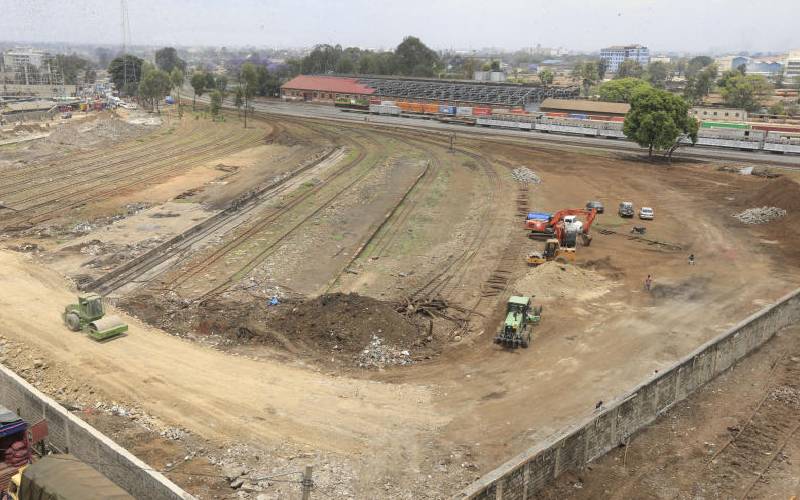×
The Standard e-Paper
Smart Minds Choose Us

The uncontrolled developments route we have been on for some time now will be our detriment.
This ending week has been the World Green Building Week. Once again, the World Green Building Council has been trumpeting a clarion call to policymakers and the built environment to prioritise net zero buildings – for communities, the planet and economies. But are we really listening?